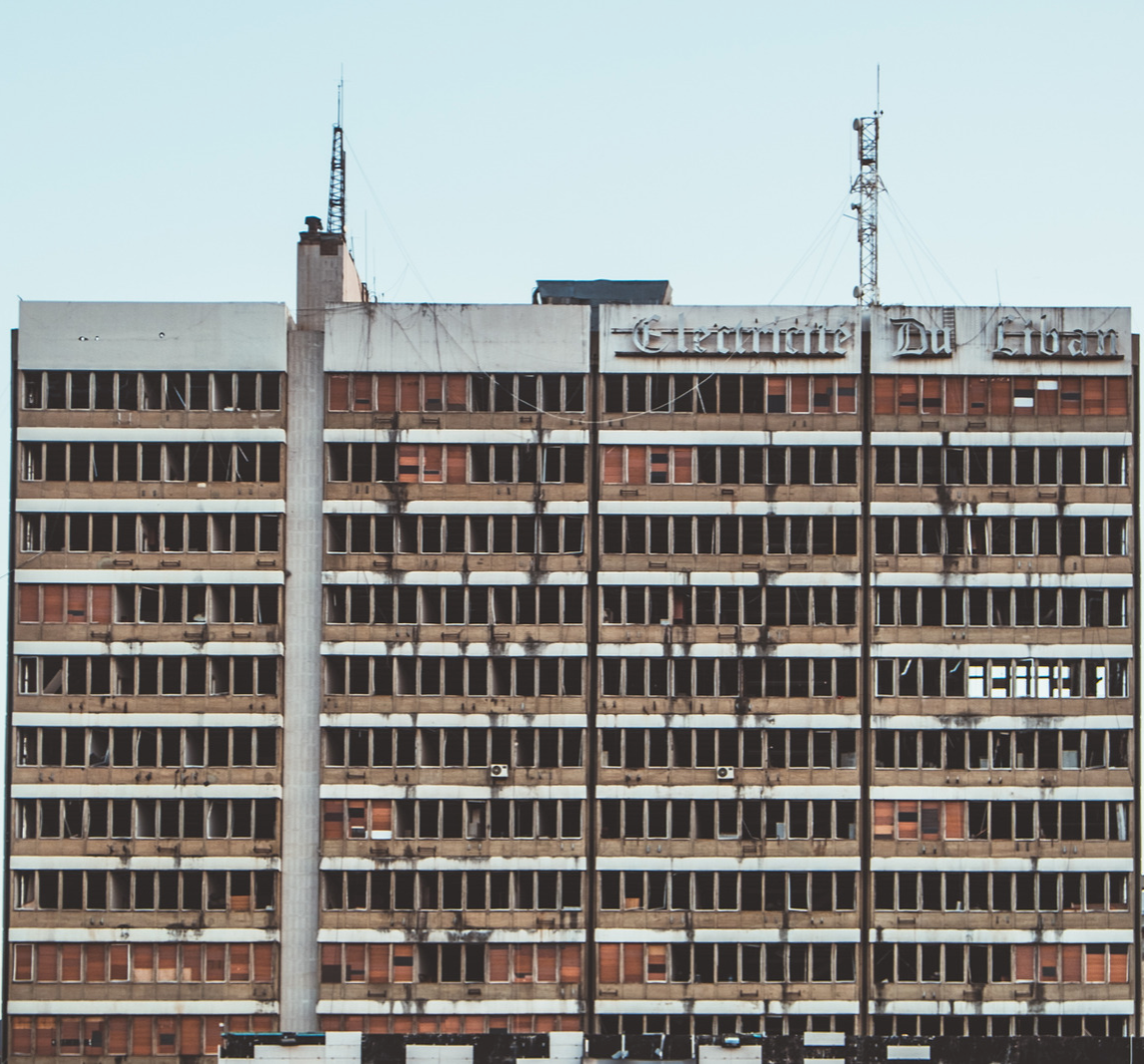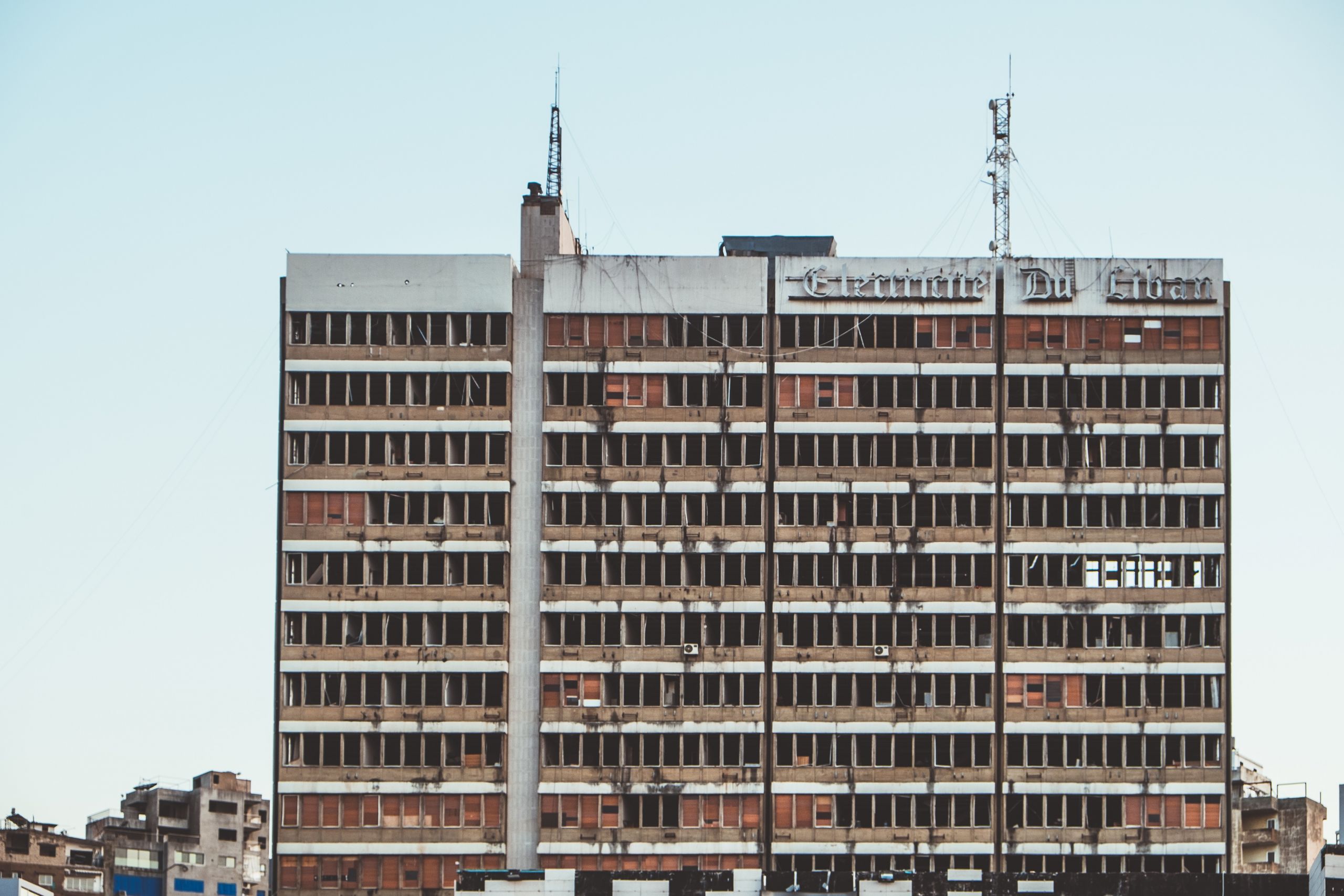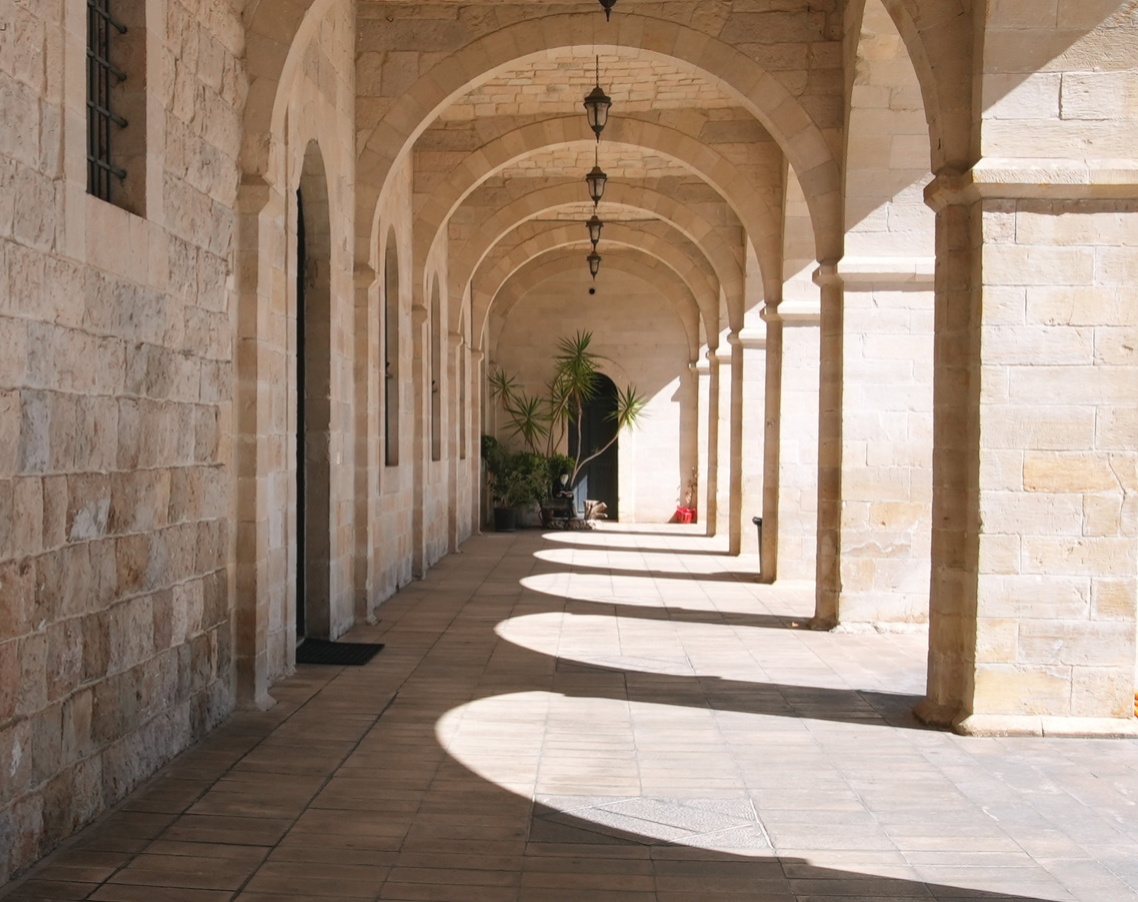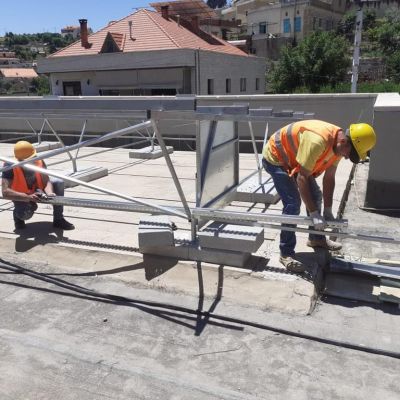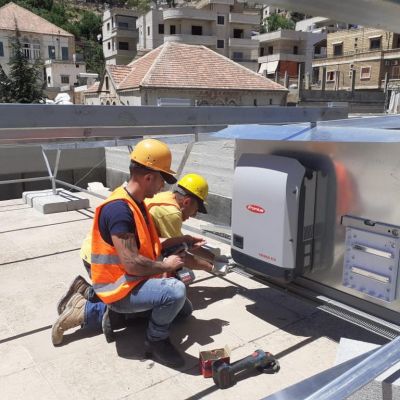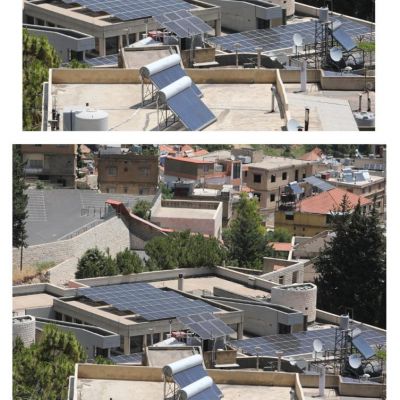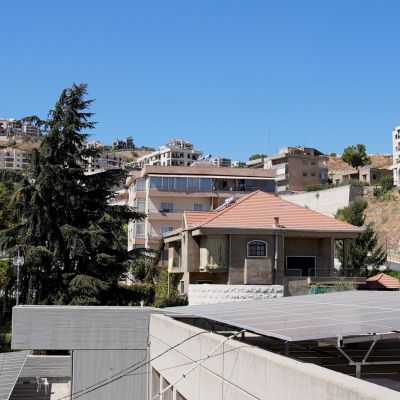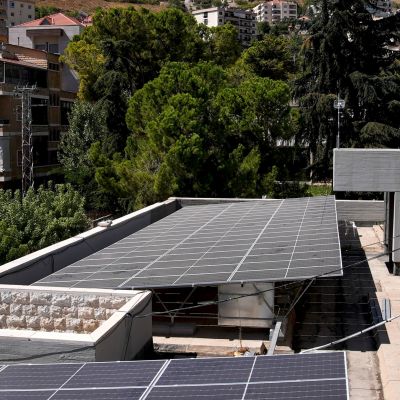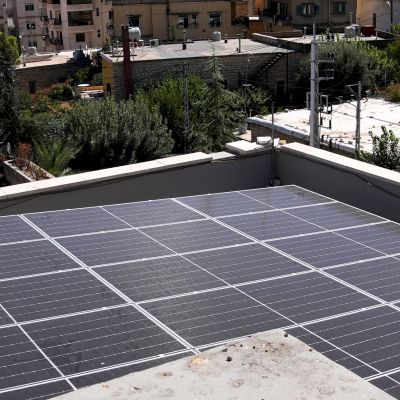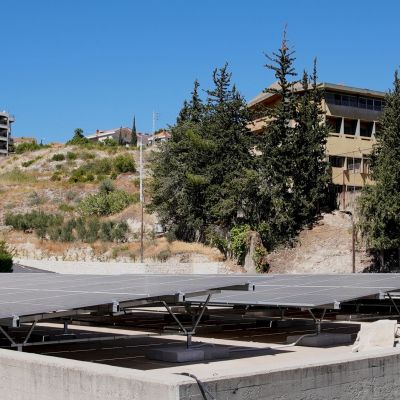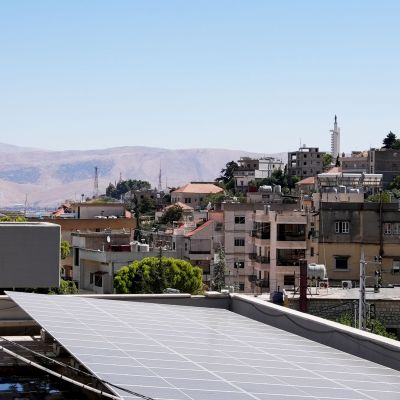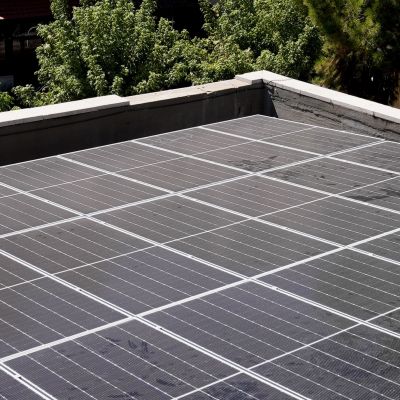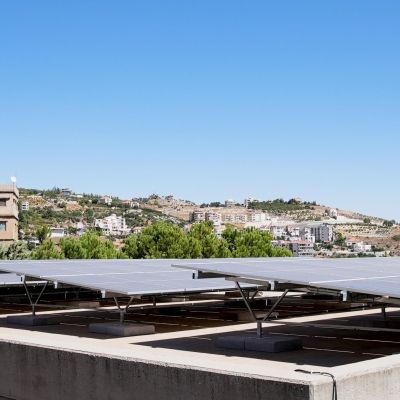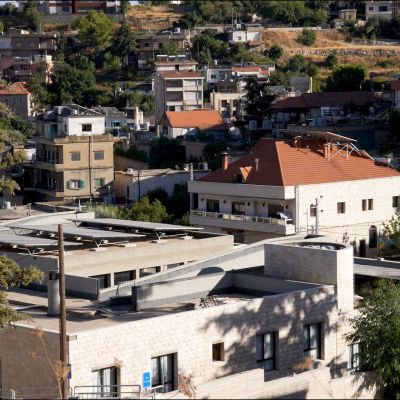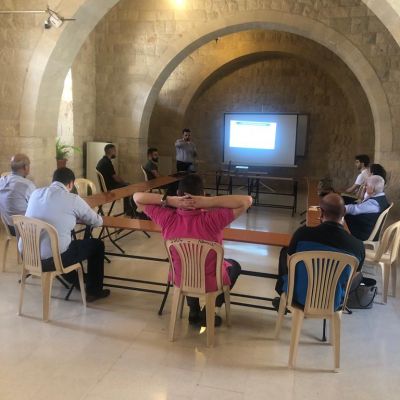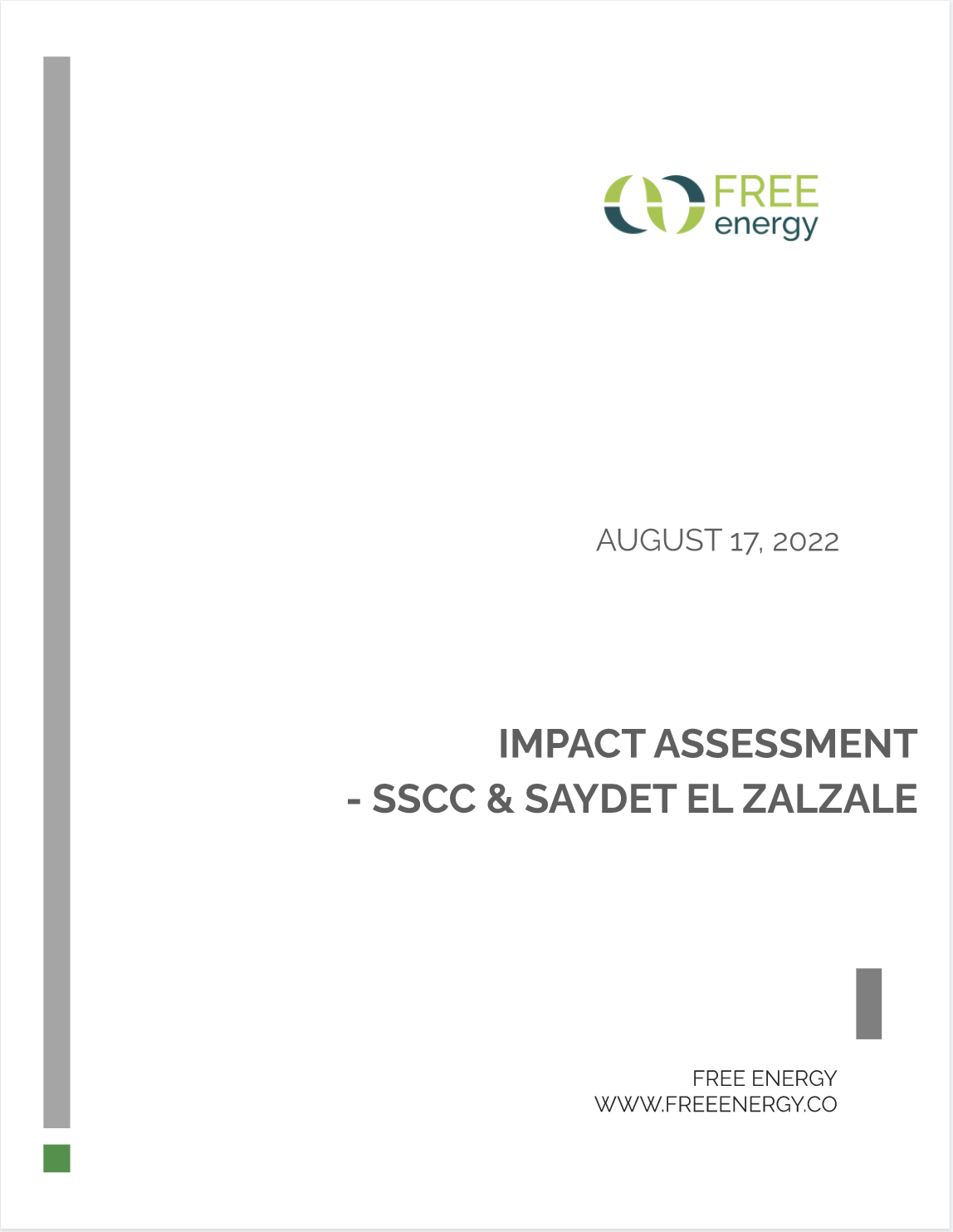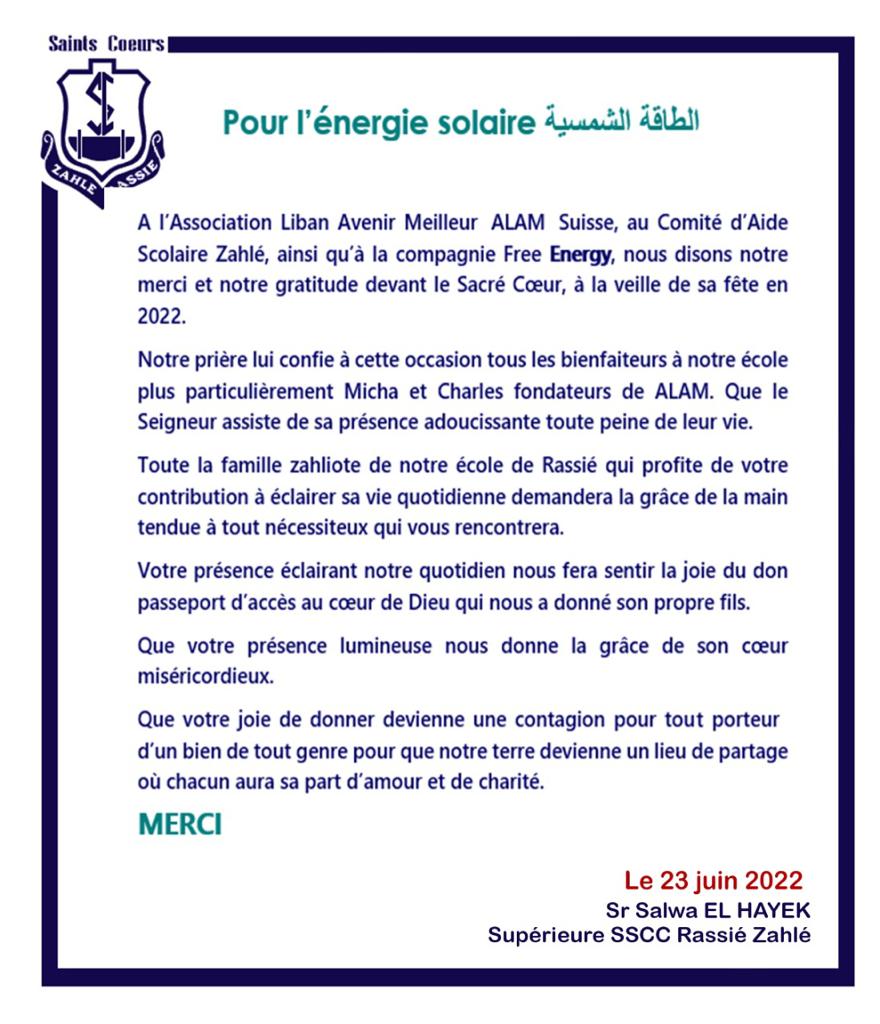Since 2019, Lebanon has been experiencing a severe economic and financial crisis, hindering the country’s development and hampering humanitarian assistance for the most vulnerable communities in underdeveloped areas. The COVID-19 epidemic, the devastating Beirut port explosion on August 4, 2020, as well as the current global food and fuel crises have all rendered Lebanon’s problems borderline insoluble.
In the wake of all the problems that have befallen Lebanon, public institutions have been struggling to function. Among them, the government-owned Electricity of Lebanon (EDL), which had already heavily enhanced public debt, has taken a big hit. The government was unable to purchase or subsidize gasoline, which led to a massive energy shortage. The country’s faltering state-run power plants, primarily running on fuel oil, were unable to generate sufficient electricity for the whole country. State electricity coverage went from 4 hours a day in 2019 to hardly 2 hours a day in 2022, plunging the entire country into darkness. As a result, households, businesses and institutions such as hospitals, schools, universities and all essential services have turned to privately-generated electricity, which, in turn, was quickly overwhelmed owing to fuel shortages. Prolonged power outages, together with the lack of fuel, have crippled Lebanon achingly. In a country where public transport is almost non-existent, daily commutes to work, university or even school have become a headache. Lebanese drivers spent nights queuing at gas stations, hoping to fill up half a tank. Regular fights started breaking out as the tension was rising. On the other hand, online learners had difficulty following due to power outages and many of them unfortunately dropped out. The working class witnessed so many job losses, not to mention wages which became derisory due to hyperinflation. Recent spikes in gasoline prices have sunk the country deeper. Ultimately, businesses and hospitals had to scale back their activities. Dismay and loss of hope have become widespread.
Facing the severe energy crunch, and to counteract the colossal pollution caused by fossil fuel, Lebanon has witnessed a recent trend towards solar energy, resulting in the installation of solar panels in many regions across the country. Lebanon being a mediterranean country with around 300 sunny days a year, solar energy is a good bet. However convenient, Solar panels are quite expensive and only a minority is able to afford the installation of such systems in their homes or institutions. Typically, in Lebanon, prices of solar panels vary from $3,000 for a 5-amp system, to $9,000 for a 20-amp system; prices that are out of reach for most households.
ALAM has come hand in hand with FREE Energy, a company specializing in renewable energy solutions and certified by the Lebanese Center for Energy Conservation (LCEC), in order to provide and install solar panels and battery banks for Lebanese institutions. In this regard, ALAM has chosen to help schools as a priority. To date, three Lebanese schools have benefited from free solar installations. The supply and installation of solar panels and battery banks were carried out by FREE Energy and the whole operation was funded by ALAM. The first schools to have profited from this generous gesture are located in Zahlé, the third largest city in Lebanon after Beirut and Tripoli. In fact, Zahlé suffers from the same financial and electricity-related issues as its peer cities, which left the public institution Electricity of Zahlé (EDZ) no choice but to resort to multiple hours of power outage each day in order to meet basic demand while balancing the cost and availability of diesel, all without impeding private electrical generators.
Thus, the Collège des Sœurs des Saints-Cœurs was offered a 92.8 kWp solar solution with a fuel save controller. So when EDZ is available, the facility can either consume directly from the photovoltaic (PV) system or export the excess electricity to the grid. However, when EDZ is not available, the facility has to rely on generators, and that is where the fuel-save controller comes in. The fuel save controller allows the PV system to work with the diesel generator, reducing the load on the generator and thus diesel consumption by up to 50%.
According to the school’s principal, Reverend Sister Salwa El Hayek, the consumption per month in 2019 was around 10,320 kWh, compared to 2022 in which the bill registered 2,217 kWh. Even if we account for the EDZ power outage hours, their estimated billable consumption would be around 3,500 kWh, noting that, thanks to the fuel save controller installed, they have the option to run the generator at less than half the cost as well – which indicates very remarkable savings. Moreover, sister El Hayek mentioned that the EDZ bill dropped from over a hundred million Lebanese Pounds (LBP) in May/June 2020, to almost 25 million LBP in July/August after the installation of the solar system, which accounts for hardly a quarter of the initial bill.
Sister Salwa was very grateful to both ALAM and FREE energy for taking this initiative, and mentioned all the benefits this has given to the school and students, namely lower electricity bills, minimal maintenance charges, and the system being a more eco-friendly and sustainable solution.
The Collège des Sœurs des Saints-Cœurs Zahlé was founded in 1845 and is now composed of 3 large buildings on which the solar panels were installed, ensuring education in favorable conditions to children aged 3 to 18 years. The main building is historical, made out of ancient stones. It bears witness to 150 years of history and has just put on a new solar jewel on its crown, thanks to ALAM.
Among the series of ALAM interventions for clean energy in Zahlé, 2 other institutions benefitted from ALAM’s support: the Saydét el Zalzaleh and Days of Hope schools. These facilities already had an installed solar solution, but they were grid tied – meaning that when EDZ is not available, they have no electricity at all. The 2 schools were offered battery banks, allowing them to store solar energy and use it whenever EDZ is not available. Thanks to ALAM, they are now able to make use of their resources more efficiently.
ALAM is pursuing its actions for a cleaner environment in Lebanon with a solid determination to help an increasing number of schools benefit from solar energy.
By funding renewable energy solutions for education institutions, ALAM plays a big role in forging a chain of interconnected beneficiaries: students, schools, parents and the environment itself.
Synergistically, the schools that are already benefiting, such as SSCC, are paying back a percentage of their savings to help fund future solar solutions for schools in need.
Besides renewable energy, ALAM's areas of action involve solid waste recycling, sorting and composting, healthcare waste storage, environmental monitoring, clean air and clean water.


